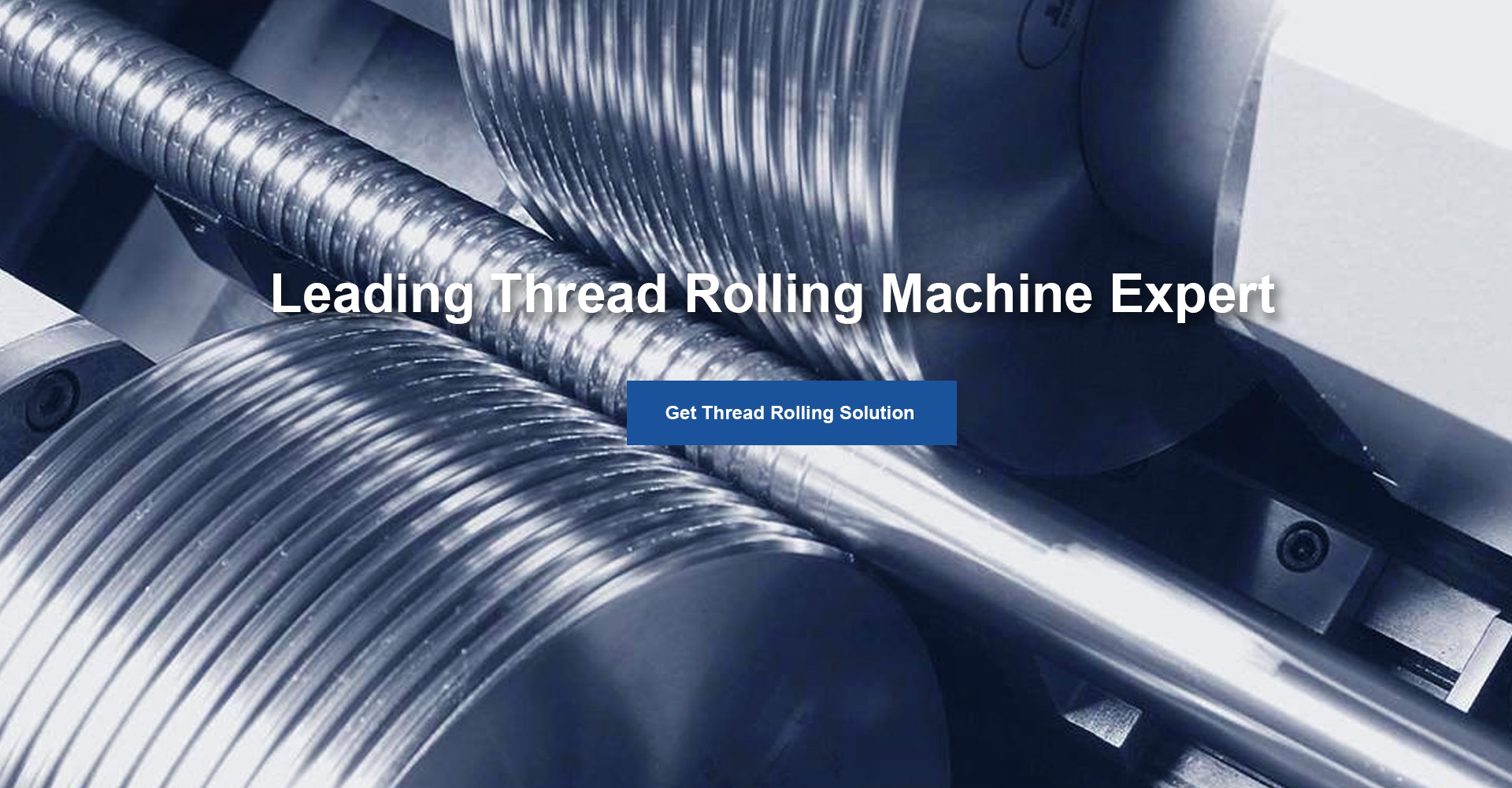
-
 Afrikaans
Afrikaans -
 Albanian
Albanian -
 Amharic
Amharic -
 Arabic
Arabic -
 Armenian
Armenian -
 Azerbaijani
Azerbaijani -
 Basque
Basque -
 Belarusian
Belarusian -
 Bengali
Bengali -
 Bosnian
Bosnian -
 Bulgarian
Bulgarian -
 Catalan
Catalan -
 Cebuano
Cebuano -
 Corsican
Corsican -
 Croatian
Croatian -
 Czech
Czech -
 Danish
Danish -
 Dutch
Dutch -
 English
English -
 Esperanto
Esperanto -
 Estonian
Estonian -
 Finnish
Finnish -
 French
French -
 Frisian
Frisian -
 Galician
Galician -
 Georgian
Georgian -
 German
German -
 Greek
Greek -
 Gujarati
Gujarati -
 Haitian Creole
Haitian Creole -
 hausa
hausa -
 hawaiian
hawaiian -
 Hebrew
Hebrew -
 Hindi
Hindi -
 Miao
Miao -
 Hungarian
Hungarian -
 Icelandic
Icelandic -
 igbo
igbo -
 Indonesian
Indonesian -
 irish
irish -
 Italian
Italian -
 Japanese
Japanese -
 Javanese
Javanese -
 Kannada
Kannada -
 kazakh
kazakh -
 Khmer
Khmer -
 Rwandese
Rwandese -
 Korean
Korean -
 Kurdish
Kurdish -
 Kyrgyz
Kyrgyz -
 Lao
Lao -
 Latin
Latin -
 Latvian
Latvian -
 Lithuanian
Lithuanian -
 Luxembourgish
Luxembourgish -
 Macedonian
Macedonian -
 Malgashi
Malgashi -
 Malay
Malay -
 Malayalam
Malayalam -
 Maltese
Maltese -
 Maori
Maori -
 Marathi
Marathi -
 Mongolian
Mongolian -
 Myanmar
Myanmar -
 Nepali
Nepali -
 Norwegian
Norwegian -
 Norwegian
Norwegian -
 Occitan
Occitan -
 Pashto
Pashto -
 Persian
Persian -
 Polish
Polish -
 Portuguese
Portuguese -
 Punjabi
Punjabi -
 Romanian
Romanian -
 Russian
Russian -
 Samoan
Samoan -
 Scottish Gaelic
Scottish Gaelic -
 Serbian
Serbian -
 Sesotho
Sesotho -
 Shona
Shona -
 Sindhi
Sindhi -
 Sinhala
Sinhala -
 Slovak
Slovak -
 Slovenian
Slovenian -
 Somali
Somali -
 Spanish
Spanish -
 Sundanese
Sundanese -
 Swahili
Swahili -
 Swedish
Swedish -
 Tagalog
Tagalog -
 Tajik
Tajik -
 Tamil
Tamil -
 Tatar
Tatar -
 Telugu
Telugu -
 Thai
Thai -
 Turkish
Turkish -
 Turkmen
Turkmen -
 Ukrainian
Ukrainian -
 Urdu
Urdu -
 Uighur
Uighur -
 Uzbek
Uzbek -
 Vietnamese
Vietnamese -
 Welsh
Welsh -
 Bantu
Bantu -
 Yiddish
Yiddish -
 Yoruba
Yoruba -
 Zulu
Zulu
Understanding Thread Rolling Machine Operations in Manufacturing Facilities
The Efficiency of Thread Rolling Machine in Modern Factories
Thread rolling machines have revolutionized the manufacturing industry by offering an efficient and precise method for producing high-quality threaded components. These machines utilize a process known as thread rolling, which involves deforming a solid workpiece into the desired thread profile through a series of rollers. This method stands in contrast to traditional machining processes and has gained significant traction in various factories worldwide.
One of the primary advantages of thread rolling machines is their ability to create stronger threads compared to cut or machined threads. The rolling process enhances the material's grain structure, leading to increased density and improved mechanical properties. This is particularly important in industries where strength and reliability are paramount, such as automotive, aerospace, and construction. Components produced through thread rolling exhibit superior fatigue resistance and reduced susceptibility to stress concentration, making them ideal for high-stress applications.
Moreover, thread rolling machines are highly efficient, significantly reducing production time. The process allows for the simultaneous production of multiple threads, drastically increasing throughput in comparison to traditional machining methods. Factories employing these machines can often meet high-demand cycles without sacrificing quality, resulting in better turnaround times for clients. This efficiency not only elevates production capabilities but also optimizes resource utilization, leading to cost savings over time.
thread rolling machine working factories

In terms of versatility, modern thread rolling machines can accommodate various materials, including steel, aluminum, and even some plastics. This adaptability makes them invaluable in factories that require diverse production runs, as they can easily switch between different materials and thread sizes. Advanced models often come equipped with programmable controls, enabling manufacturers to tailor the rolling process to specific requirements and maintain consistency across batches.
Moreover, the use of thread rolling machines is environmentally friendly. The process generates minimal waste compared to traditional cutting methods, as it relies on deformation rather than material removal. This not only reduces the amount of scrap produced but also conserves the energy needed for machining operations. As sustainability becomes an increasingly pressing concern for manufacturers, the adoption of thread rolling technology aligns with eco-friendly practices and corporate responsibility initiatives.
Despite these advantages, it's essential for factories to invest in proper training for operators. Understanding the intricacies of thread rolling is crucial to maximizing the potential of these machines and ensuring that they are used safely and effectively. Regular maintenance and calibration are also critical to sustaining optimal performance and extending the lifespan of the equipment.
In conclusion, the implementation of thread rolling machines in factories represents a significant advancement in manufacturing technology. With their ability to produce strong, precise components efficiently and with minimal waste, these machines have become an integral part of modern production lines. As industries continue to evolve, the role of thread rolling machines will likely expand, further cementing their position as a cornerstone of manufacturing excellence. With ongoing innovations in technology, the future indeed looks promising for thread rolling processes in factories across the globe.
